The Journal.
Southport High School newsmagazine Vol. 103. Issue 2. Nov. 1, 2024.

Four seniors express their opinions about the upcoming election

Southport High School newsmagazine Vol. 103. Issue 2. Nov. 1, 2024.

Four seniors express their opinions about the upcoming election















Editor: Claire Steinbrook


















By Ava Miller, Reporter

plans or modifications to improve the quality and variety of the food?
A: That’s a completely separate program. We have a Director of Food Nutrition for the district, (and) because Perry Township is part of a federal grant that gives all of our schools free breakfast, lunch and supper, we are held to certain expectations about what we can or cannot serve, and what is in the food, how many carbs, sugars or salts. All the things that are in there that you have to follow and comply with... So, they try to work with what food is available, build menus that align with those expectations and with what kids like... So I know they’re trying, but there are certain limitations they have to follow.
Q: Students believe that the dress code is sexist and unfair for some people. Are you planning on adjusting the dress code or the enforcement of the policy?
A: So the dress code is actually a district policy, and it was one that was actually just adjusted
upgraded, or it was very vague before, and that left a lot of crazy interpretation of what can or can’t be worn... The one thing I would say is there’s always going to be a complaint of something about any dress code. I’d be careful about what people complain about because the alternative would say, just do a uniform, and then that’s easy. So I would have to say that, people can wear shorts, they can wear jeans, leggings, sweatshirts, T-shirts and jackets ... It’s kind of one of those ‘Every work environment is going to have an expectation of dress. I have to wear my ID and lanyard and things like that.’ So, I think it’s just kind of preparing people for those.
Q: What is the purpose of the lanyards?
A: It helps us know the people that are supposed to be here. Sometimes if we’re not sure who a kid is or if something’s going on, then we can ask to see their ID, just to make sure who they are. Then obviously, the hope is, that’s what gets scanned for lunch, and
stuff like that.
Q: Is there a way the administrators can enforce the lanyard policy in a less severe manner but still effectively keep the safety measures?
A: I don’t believe we’ve suspended or expelled anybody for not wearing a lanyard. So the easiest way, I would just say, if people just wear them, that would be easier. I think we’re trying to have as much consistency and trying to get the focus first thing in the morning when kids are walking in, so that way we’re not disrupting educational time. We’re not taking people away from classes, because that was kind of the frustration some students had when we were trying to do different hallway checks. So we’ve done a phase in different locations to do that and make sure that we have students where they are, as far as like, the harsh part: Is it a discipline from it or just us documenting that people are forgetting to wear them?






















Classes are offered online and in-person, all year long!





















Editor: Niang Lun





































• Practice, practice, practice

• Have a good mindset - think about the positives
• Listen to music on the way there

- eighth grader Barrett Shroyer













Editor: Niang Lun






Editor: Aiden Quinlin

























Editor: Simran Baidwan






























































Editor: Thang Khai




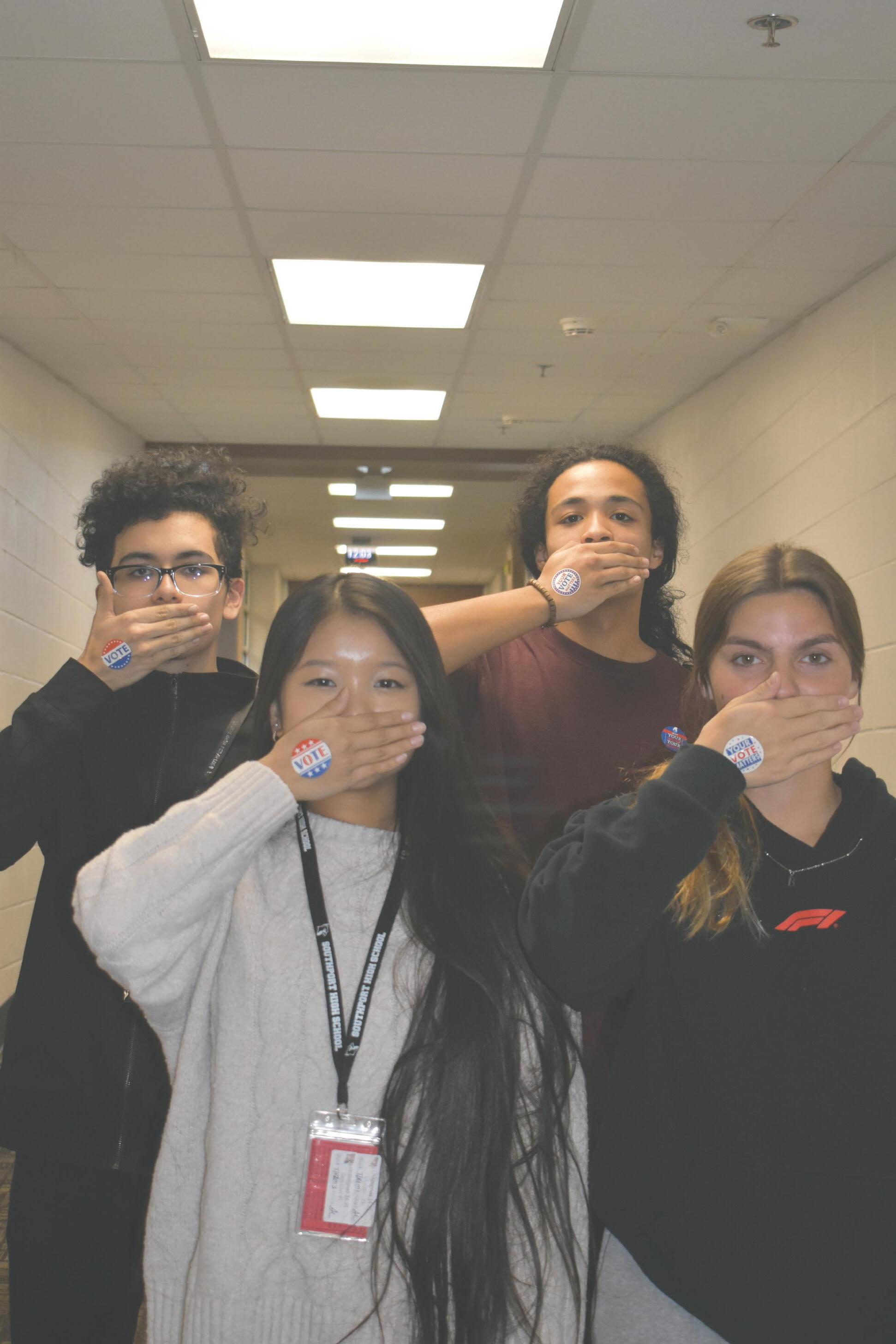































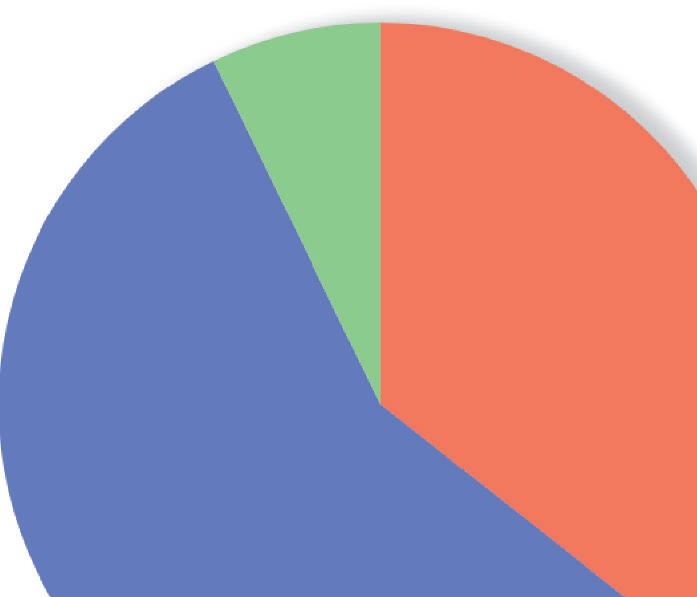

















Editor: Lucy Len Dim

By Zeid Alsalloum, Reporter
Sophomore Barns Joseph has lived through tough experiences that most people only hear about in the news.
Growing up in Haiti, he faced daily challenges that few teenagers would ever encounter.
Haiti, plagued by political instability and uncontrolled gang violence, made life increasingly difficult for Joseph, his brother Giovanni and their family.
The streets were no longer safe and the violence became a terrifying part of their everyday lives. Kidnappings, murders and chaos ruled the capital.
“There was stuff going on because the president actually died but they never (knew) who killed (him),” Joseph said. “So it’s like the gangs going on and stuff and (killing) people.”
Schools were forced to close due to the unpredictable
22 Culture
violence, stripping the brothers of their education.
With this situation worsening, Joseph and his family realized they had no choice but to leave behind the place they called home.
The first step in their journey toward safety and opportunity took them to the Dominican Republic. Joseph’s mother had already left Haiti for the U.S. and planned to find a way for her family to reunite.
The brothers got their visas and boarded the bus to the their aunt’s home in the Dominican Republic.
The transition wasn’t easy, but she welcomed them with open arms, providing the stability they desperately needed.
“It wasn’t difficult because I love them like my sons,” Carla Jeantinord, their aunt, said.
The brothers now faced a new set of challenges: adapting to a
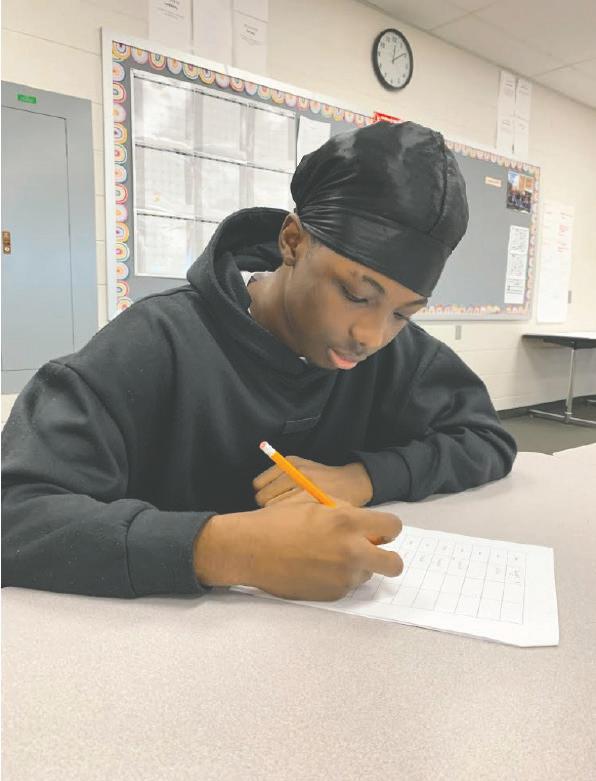
(left) Sophomore Barns Joseph poses with his aunt Carla Jeantinord in 2021.
photo contributed by Barns Joseph (right) Joseph works on a verb worksheet in his sheltered English class.
photo by Lucy Len Dim
while living without their mother by their side.
Upon their arrival, Joseph was hit with the reality of living in a foreign country with a language he didn’t speak.
Since he had been exposed to multiple languages in Haiti, French and Haitian Creole in particular, learning Spanish in the D.R. was easy. However, the difference in pronunciation and grammar threw him off.
Yet, knowing that adapting to the new language was essential for day-to-day life, he worked hard to learn it.
He immersed himself in their new surroundings, and over time he picked up enough Spanish to make friends and communicate in school.
For Joseph, life in the Dominican Republic was a mix of good and bad.
On one hand, the violence





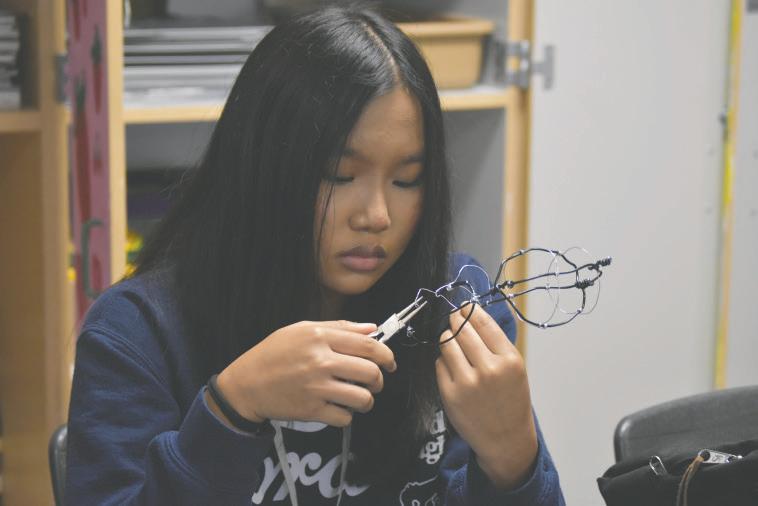






Editor: Michelle Ortega-Morales

Photos










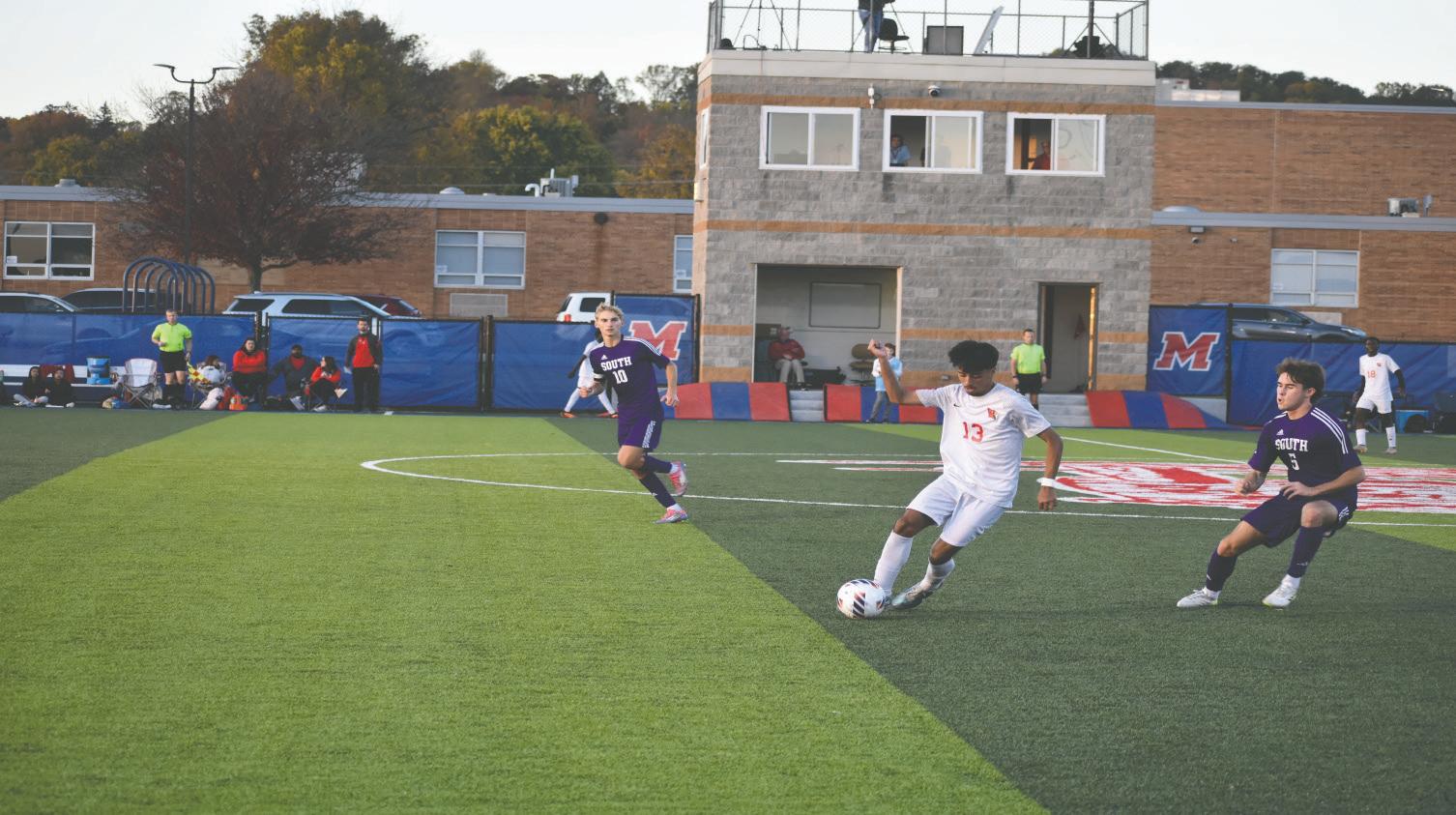

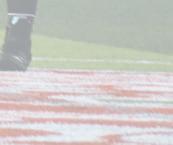














Editor: Elisabeth Pointer

































































































APPLY IN 30 MINS OR LESS!



CONTACT US AT 317-788-3216 OR ADMISSIONS@UINDY.EDU NO SAT/ACT REQUIRED

STRESS-FREE APPLICATION NO APPLICATION FEE


QUESTIONS?




